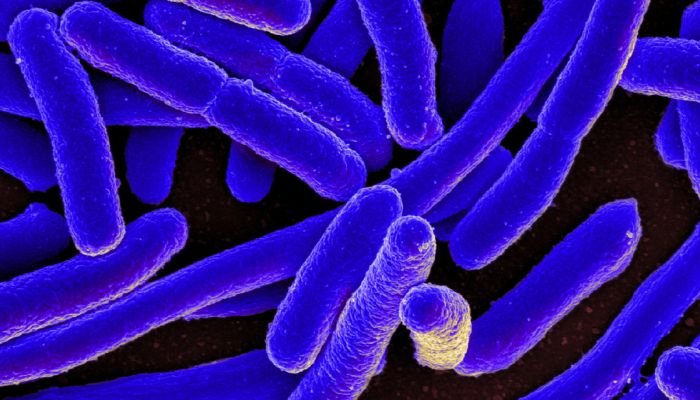University of British Colombia used the bacteria of plants, which is responsible for photosynthesis, to collect solar energy.
The experiment is based on the principal of bacteria’s dye that converts sun’s energy into potential food for the plant. The scientists genetically engineered group of E-coli bacteria to produce a ton of the same ‘sunlight collecting dye’. Coating a glass sheet with dye showed a considerable rate of solar energy storage.
Commenting on the development, University of British Colombia, Professor, Vikramaditya Yadav said, “We recorded the highest current density for a biogenic solar cell. These hybrid materials that we are developing can be manufactured economically and sustainably. With sufficient optimizations these cells can perform at comparable efficiencies as conventional solar cells.”
The scientists also claim that biogenic cells are efficient even when it is cloudy.
